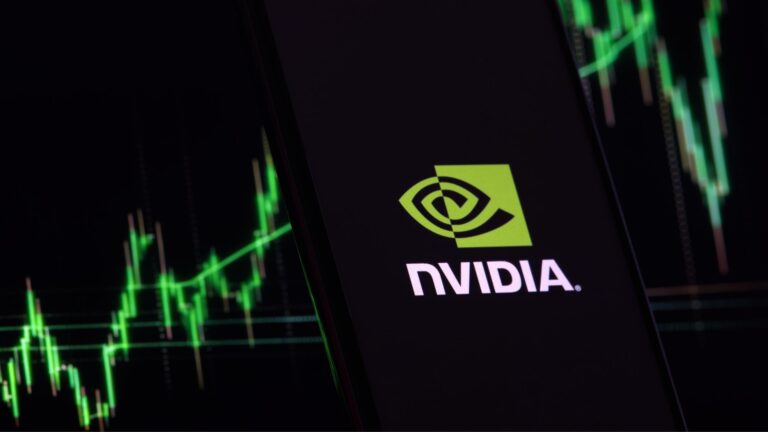Key Takeaways:
– DeMarcus Cousins, former Golden State Warriors star, confirms end of his NBA career.
– Steve Kerr settles Lester Quiñones’ fine after signing a $35 million extension with the Warriors.
– Warriors forward Draymond Green addresses the recent endgame incident involving Grant Williams.
DeMarcus Cousins Calls It Quits
In an interview with Hoopshype’s Cyro Asseo de Choch on February 23, DeMarcus Cousins, a four-time NBA All-Star and former center for the Golden State Warriors, announced his departure from the NBA. During the discussion, Cousins reflected on his 12-year long NBA journey which he considered “a small chapter or chapters” in his life and expressed excitement about his future endeavors.
Cousins’ Stint with the Warriors and Later
Cousins became part of the Golden State Warriors in the 2018-19 season which concluded with the team’s Finals defeat to the Toronto Raptors. Due to his recovery from an Achilles tear, he could only participate in 30 regular-season matches. In the opening round of the playoffs, he further damaged his left quadriceps, which delayed his return to the NBA Finals.
Despite showcasing commendable averages of 16.3 points, 8.2 rebounds, and 3.6 assists with the Warriors, his stint was marred by an ACL tear. The injury kept him off the court for the subsequent season with the Los Angeles Lakers. Over the next three years, he played inconsistently, bouncing around the league. Cousins’ last appearance was for the Taiwan Beer Leopards in the T1 League.
Golden State Warriors Coach Kerr Generously Foots Lester Quiñones’ Fine
In an unrelated scenario, Warriors coach Steve Kerr, who recently signed a record $35 million, two-year extension, chose to personally cover Lester Quiñones‘ fine. Quiñones was penalized for his ejection during the recent 97-84 victory over the Charlotte Hornets. Kerr’s decision was widely appreciated by his team members, including rookie guard Brandin Podziemski who applauded Kerr for earning his hefty extension through his successful leadership, culminating in four championships.
In the game against the Hornets, Quiñones followed Kerr’s long-standing instruction to maintain offensive pressure – an act that sparked conflict involving Hornets forwards Grant Williams and Miles Bridges.
Draymond Green Comments on Grant Williams
Responding to the heated incident, Warriors forward Draymond Green gave a piece of his mind about Williams’ display of aggression at the end of the game. Green labeled such outbursts as ‘sore loser type’ behaviors and advised Williams to drop his ‘tough guy’ exterior, suggesting it’s making him less likable. Green even went as far as speculating that Williams’ combative persona contributed to his trade from the Mavericks to the Hornets.
With these recent developments, attention remains on the Golden State Warriors as they continue their quest for a fifth championship under Kerr’s mantle. Moreover, how these incidents influence team dynamics and performance will be a subject of interest for fans and commentators alike.
https://hcti.io/v1/image/606e6689-f80f-4f70-a3e1-b898995bc1a6.jpg









